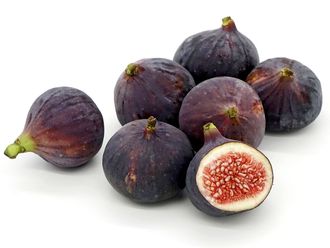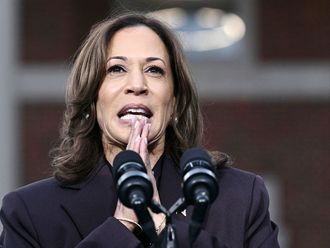Karachi, Pakistan's largest city, is burning again due to recurring bloody clashes between the rival ethnic and political groups.
The recent spate of clashes left more than 26 dead — mostly in drive-by, ‘targeted killings'. Though clashes routinely erupt between rival groups, the one common factor is that the Muttahida Qaumi Movement (MQM), the dominant party in the city, seems always to be involved.
Kidnappings for ransom, land grabs and drug peddling by influential criminals and drug lords are also on the rise, apparently with the support of various ethnic and political groups considered a major factor behind the clashes.
A few months ago, clashes between MQM and Pakistan Peoples Party (PPP) activists left more than 250 dead — mostly victims of targeted killings. The situation was defused after the top leaderships of both parties interceded.
The cause of the violence this month was not clear, but it involved activists of the MQM, the dominant party in the city, and the rival, ethnic Pashtun Awami National Party (ANP). The parties seem to be fighting for control of the city.
Regardless of which ethnic and political groups are involved, the greatest fear haunting residents is that of a revival of the violence that plagued the city in the 1990s, leaving thousands dead.
The real issue in this city of 19 million people is the struggle between various ethnic-cum-political groups.
The megapolis is Pakistan's main industrial base and home to its main port, stock exchange and central bank. It is also the main gateway for western military supplies bound for neighbouring, landlocked Afghanistan.
Most foreign companies investing in Pakistan also have offices in the city. Karachi has also suffered as a result of militant violence, with several major bomb attacks taking place over the past few years. But for many residents, a bigger worry is the return of the factional violence that rocked the city for much of the 1990s.
Some 30 to 35 per cent of the population of Karachi comprises Urdu-speaking descendants of mohajirs, who migrated to Pakistan from India when the sub-continent was divided following the end of British rule in 1947. The MQM draws considerable support from these people.
The other 65 per cent of the population comprises Pashtuns, Punjabis, Sindis and Balochis. The Pashtuns are the second-largest group in Karachi, numbering more than seven million.
Most Pashtuns support the ANP, though others support religious parties such as Jamaat-e-Islami. Most Sindhis, Balochis and Punjabis living in the city support the PPP, while the Pakistan Muslim League (Nawaz) has only a few followers in the city.
Power struggle
The MQM, PPP and ANP are coalition partners, but all the same there is a fierce rivalry between them and no effort is spared to gain the upper hand in the Karachi power struggle.
Followers of the MQM and Pashtuns, in particular, have always had daggers drawn with each group striving to surpass the other and become more powerful.
Though leaders from the MQM and the PPP have spent time in the corridors of power in Karachi, it is in fact the Pashtuns who run the city. They have complete control of the transport system, big businesses, wholesale markets and intra-city trade. This gives them the ability to virtually paralyse the city whenever they wish.
Each of these groups blames the others for igniting the clashes, but none was ready to talk about what should be done to bring peace.
It seems apparent, however, that the greatest beneficiary of the recent clashes has been the PPP, which is trying to weaken its rivals so as to gain a greater say in the affairs of Karachi.
Interior Minister Rehman Malek, who had to intervene once more to defuse the tension, believes that the recurrence of targeted killings in the metropolis every four to five months is part of a conspiracy to destabilise the country and is linked to groups operating in the tribal areas and Swat.
However, the violence seems more likely to be the result of an internal power struggle that is being played out between the MQM, PPP and ANP at the expense of the lives and properties of residents and considerable economic losses.
It is time that these ethnic and political groups think beyond their personal interests and stand together to save their city, which is the lifeline of their country's economy. Bringing harmony to Karachi would also spread peace to other parts of the country. Lust for power, meanwhile, has put the city in great danger.
There is a need for a more discerning approach to Karachi's violence due to its unique ethnic, social, political and economic factors. It is time for the people of Karachi to stand together, lest their city be torn apart.










